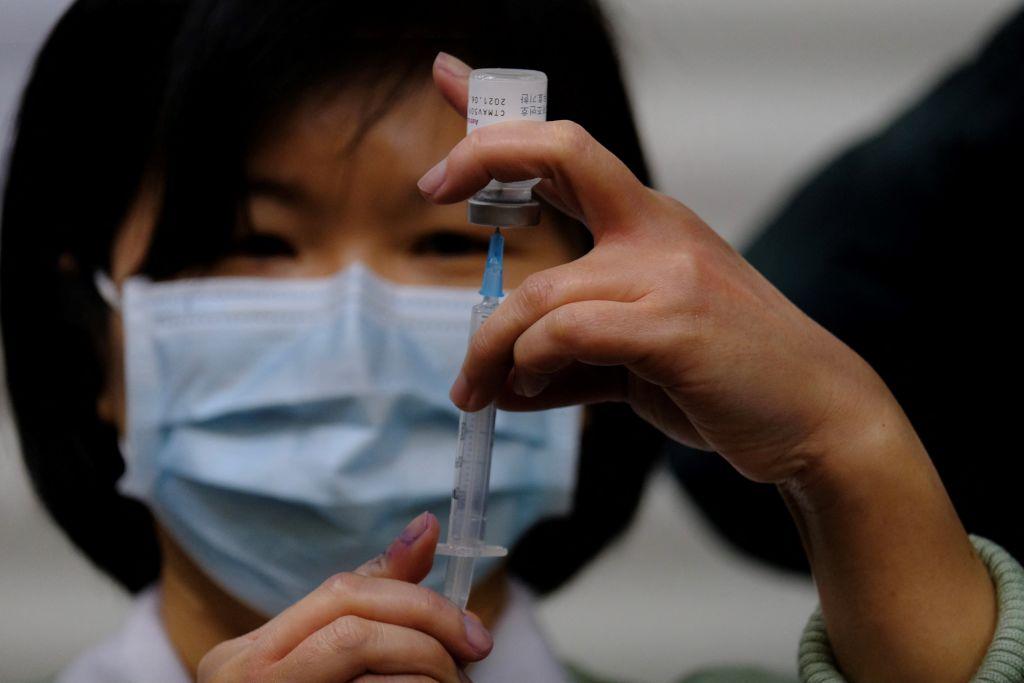
One of the difficult things about being Taiwan is the lack of normal government-to-government interaction. Taiwan is diplomatically recognised by only 15 countries, so it is dealt with informally in most of its international interactions. That rankles.
Taiwan actively campaigns for more international space. Last month saw Taiwan’s continuing push for observer status at the World Health Assembly—something Australia supports, along with the United States, the G7 and more than 50 countries overall. Taiwan launched a high-profile campaign #LetTaiwanHelp ahead of the meeting of the World Health Assembly, arguing that it has much to share on world health and should not be excluded.
But Taiwan also seeks space in lower profile ways. In May, Australia was part of a little-discussed initiative, the Global Cooperation and Training Framework (GCTF). You won’t find anything about it on the Department of Foreign Affairs and Trade Taiwan web page, or that of the Australian Office in Taiwan, but Australia is quietly supporting a mechanism designed to give Taiwan more opportunities for international engagement.
The GCTF was established in 2015 by the US and Taiwan, with Japan joining in 2019. Its mission is to provide a platform to harness Taiwan’s strengths and expertise to address global issues of mutual concern. It provides an avenue for Taiwan’s world-class experts to share their knowledge, which is not otherwise possible because many international institutions don’t allow Taiwan to participate.
Since it was established, the GCTF has held more than 30 international workshops involving 68 countries and 1,600 government officials and experts. It holds meetings on themes like public health, women’s empowerment, law enforcement, media literacy, energy efficiency, cybersecurity and disaster relief.
For ordinary countries, that’s no big deal, as they regularly join such meetings, either in regional groups such as ASEAN, or in cross-regional groups like the G20. But for Taiwan it’s an opportunity that’s otherwise denied. In the GCTF Taiwan can share its knowledge and expertise from a position of equality with other participants—and sidestep its limited diplomatic status. This year, for the first time, the UK and the European Union have co-hosted events.
Australia co-hosted two GCTF meetings in May: one on money-laundering, an area where Taiwan is seen as a policy leader, and the other on the Covid-19 vaccine rollout—a topic of concern in both Australia and Taiwan. Discussions covered vaccine safety, distribution, logistics, cold-chain management, priority lists, adverse reactions and vaccine hesitancy. About 135 experts from 36 countries tuned in.
Earlier meetings hosted by Australia included workshops on energy governance, pandemic-related crime and a prescient meeting on maintaining vigilance against further waves of Covid-19 infection.
In the words of Taiwanese Foreign Minister Joseph Wu, the GCTF provides an excellent sharing platform for Taiwan to demonstrate that ‘it is willing and able to contribute to ensuring a better future for mankind’. Less altruistically, it also provides a forum to promote Taiwan’s foreign policy messages, such as in a workshop on defending democracy from disinformation. And it helps Taiwan reach specific target audiences, such as in the Pacific.
There’s been discussion recently of Australia’s policy towards Taiwan and what we should and shouldn’t do if we want to show our support. Continuing participation in the Global Cooperation and Training Framework is a practical way for Australia to deliver on its statements in support of Taiwan’s international participation and role in the Indo-Pacific.